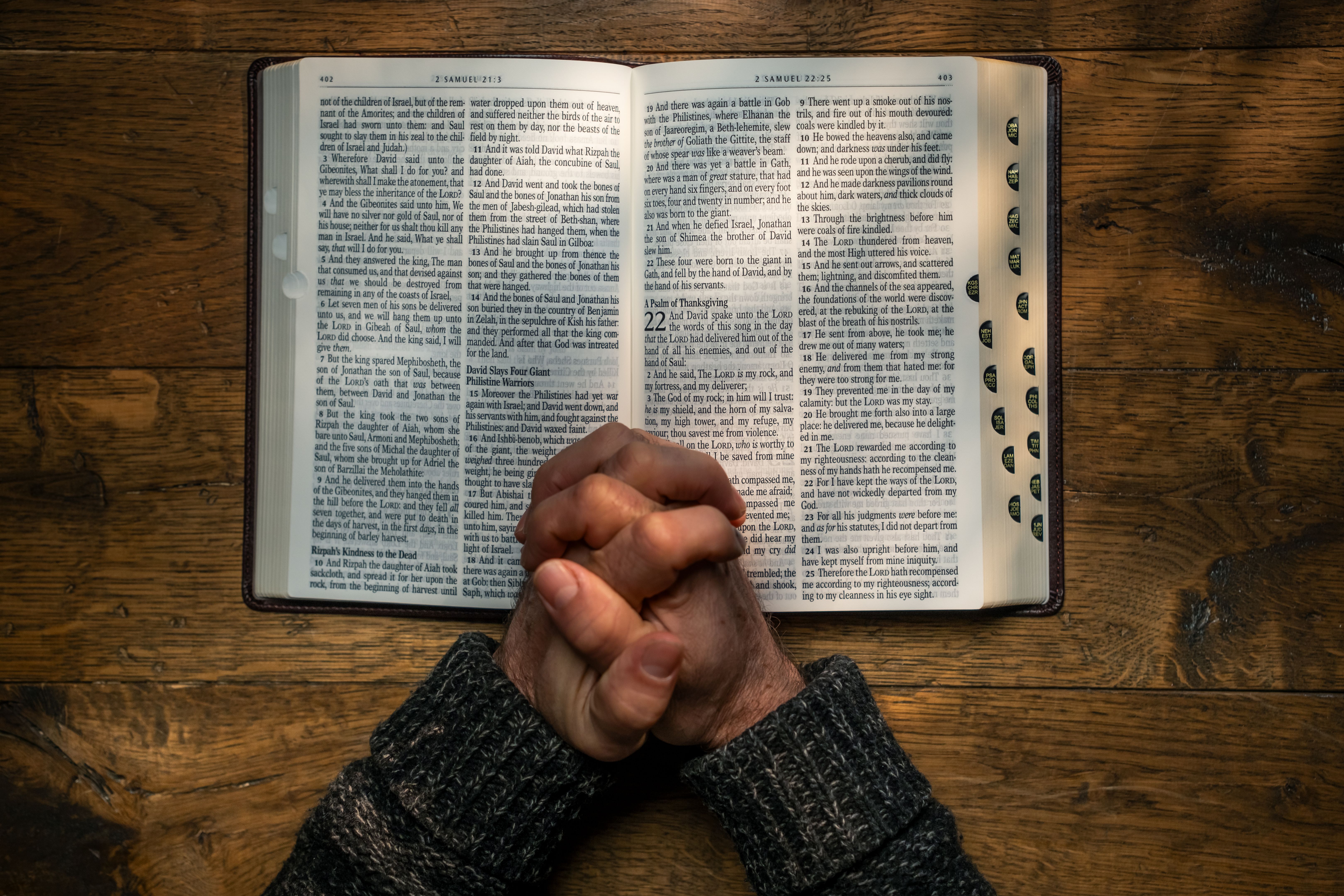Exploring Commonalities Between Mormons and Jews
Understanding Religious Foundations
Both Mormons and Jews trace their beliefs back to ancient roots, with Mormonism emerging in the 19th century under Joseph Smith's leadership and Judaism being one of the world's oldest religions. Despite their differences in origin and development, both religions share a profound commitment to their foundational texts. The Book of Mormon plays a crucial role in Mormon faith, paralleling the significance of the Torah for Jews.

Community and Family Values
One of the most striking commonalities between Mormons and Jews is their strong emphasis on community and family. Both groups place a high value on familial bonds and often organize community-centric activities that reinforce these ties. For Mormons, family home evenings and church gatherings are central to their religious practice. Similarly, Jewish traditions like Shabbat dinners serve as opportunities to strengthen family connections and uphold cultural practices.
Moreover, both communities have a long-standing tradition of supporting one another through social networks. This emphasis on community support is crucial in fostering a sense of belonging and identity among their members, which has historically helped both groups persevere through challenges.

Rituals and Traditions
Rituals and traditions are integral to both Mormonism and Judaism, with each faith boasting unique customs that mark significant life events. Mormons participate in rituals such as baptism and temple ceremonies, which hold great spiritual significance. These practices are seen as essential steps in achieving spiritual growth and attaining eternal life.
In Judaism, rituals such as bar and bat mitzvahs, weddings, and various holiday observances play a similar role in marking important milestones. These traditions not only serve as religious rites but also function as cultural cornerstones that reinforce Jewish identity.

Commitment to Education
Education is a shared priority for both Mormons and Jews, with each community placing a strong emphasis on learning from religious texts and encouraging intellectual growth. Mormon seminaries and institutes provide educational resources for young members to deepen their understanding of the scriptures. This focus on continuous learning reflects the value placed on spiritual enlightenment and personal development.
Jewish communities have long been associated with a dedication to scholarship, with many members pursuing higher education and engaging in lifelong learning. The study of texts like the Talmud is central to Jewish education, serving as a means to explore religious, ethical, and cultural questions.

Resilience Through History
Both Mormons and Jews have faced significant challenges throughout history, yet they have demonstrated remarkable resilience in maintaining their cultural identities. Mormons experienced persecution during their early years, leading to their westward migration in search of religious freedom. This journey is a testament to their perseverance and steadfast faith.
Similarly, Jewish history is marked by periods of adversity, including the diaspora and the Holocaust. Despite these hardships, Jewish communities have thrived by preserving their traditions and adapting to changing circumstances while maintaining a strong sense of identity.

Conclusion: Celebrating Shared Values
While Mormons and Jews have distinct beliefs and practices, exploring their commonalities reveals shared values that transcend religious boundaries. From a commitment to community and family to an emphasis on education and resilience, these two groups embody principles that resonate across cultures. By recognizing these similarities, we can foster greater understanding and appreciation for the diverse tapestry of human belief systems.